-
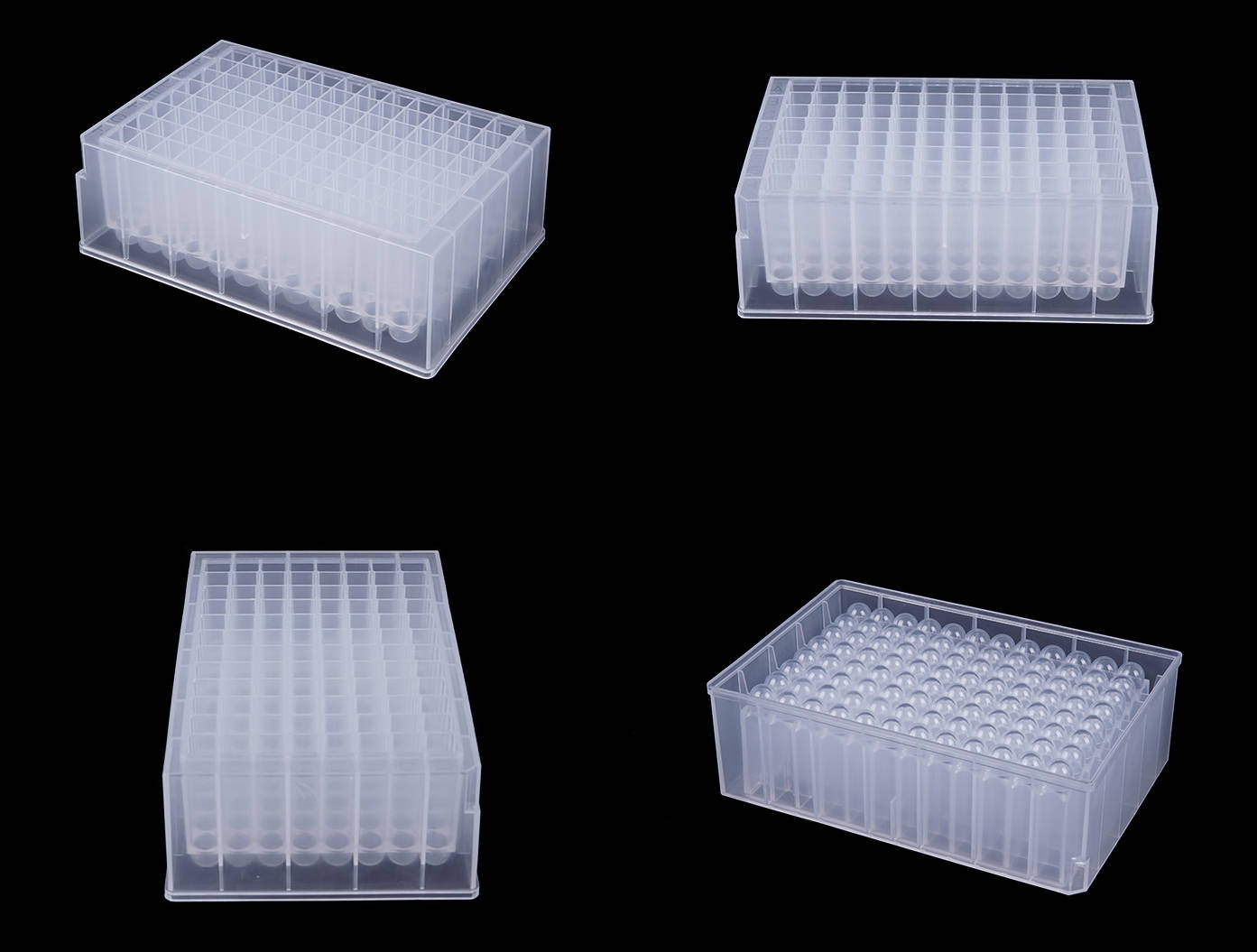
How to use 96 deep well plate in lab
96-well plate is a common tool used in many laboratory experiments, particularly in the fields of cell culture, molecular biology, and drug screening. Here are the steps for using a 96-well plate in a laboratory setting: Prepare the plate: Ensure that the plate is clean and free of any contamina...Read more -
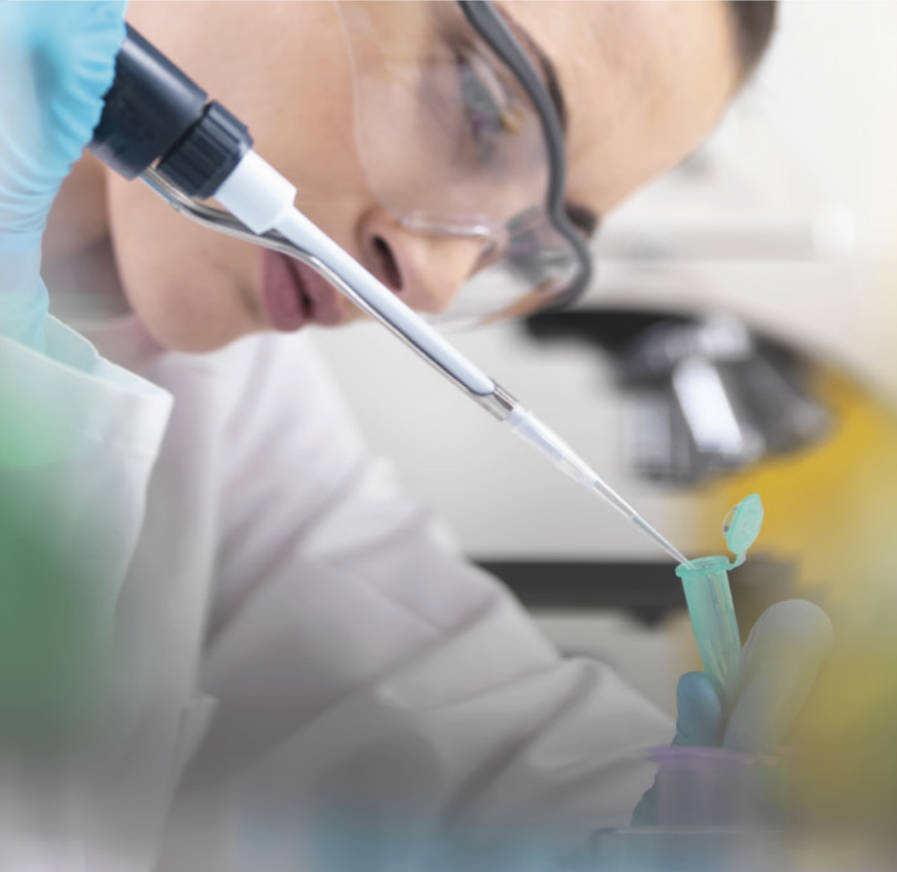
Disposable pipette tips application
Pipette tips are widely used in laboratory settings to dispense precise volumes of liquids. They are an essential tool for performing accurate and reproducible experiments. Some of the common applications of pipette tips are: Liquid handling in molecular biology and biochemistry experiments, suc...Read more -
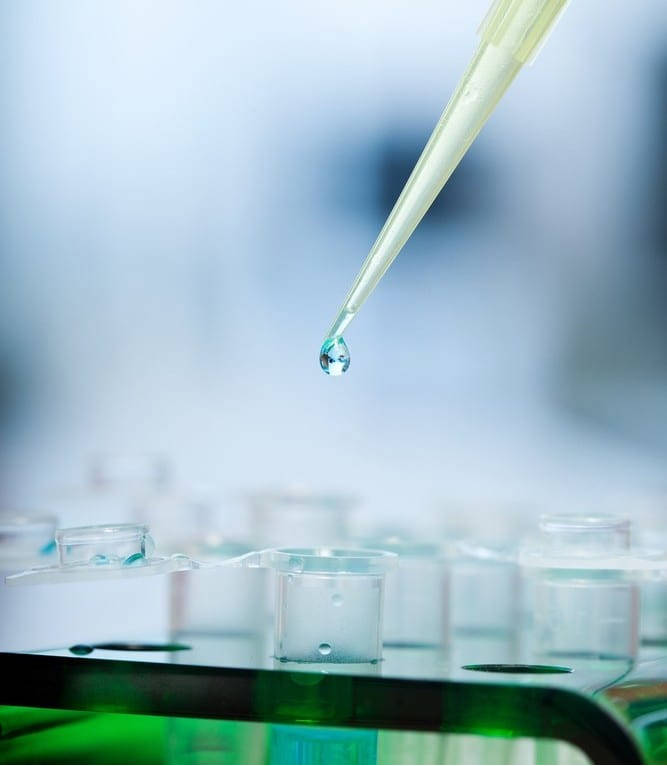
Thinking before Pipetting Liquids
Starting an experiment means asking many questions. Which material is needed? Which samples are used? Which conditions are necessary, e.g., growth? How long is the whole application? Do I have to check on the experiment at weekends, or at night? One question is often forgotten, but is of no less...Read more -
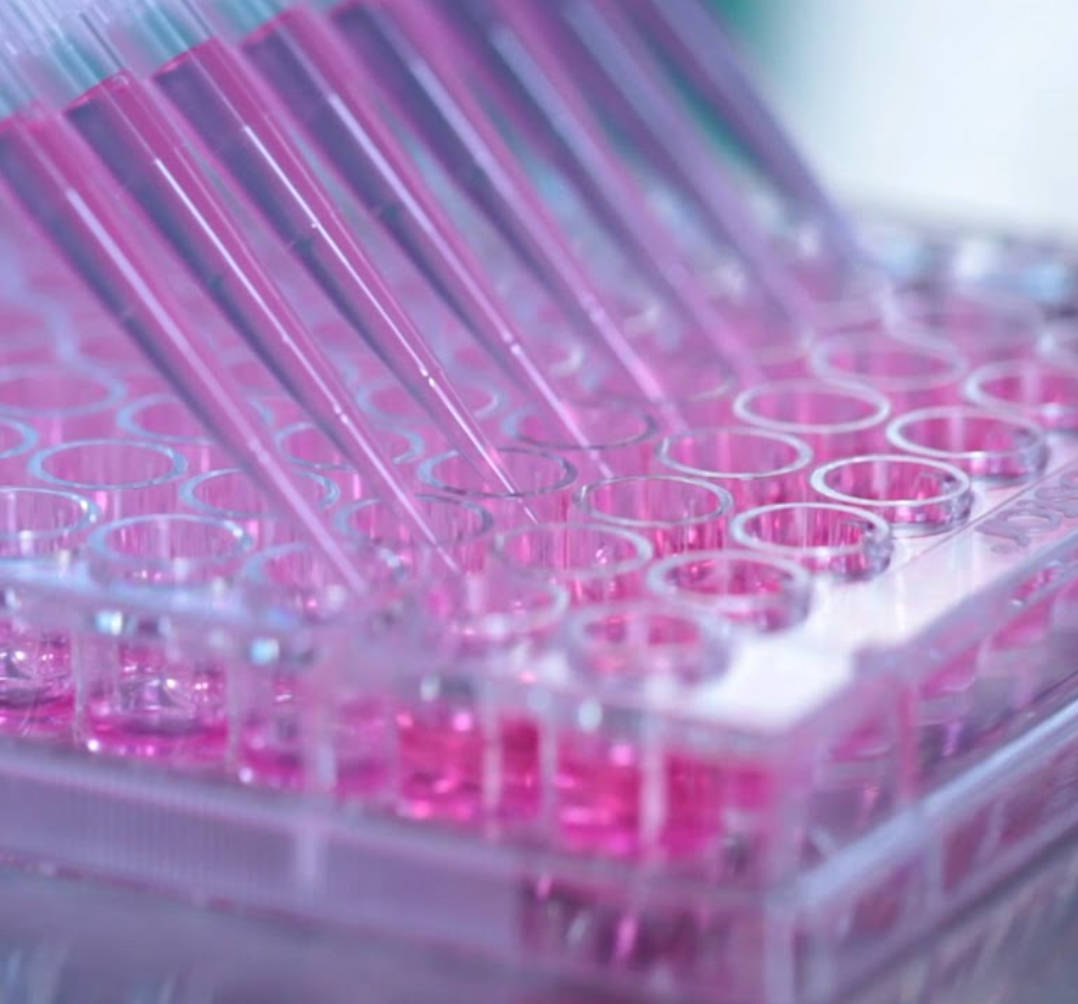
Automated Liquid Handling Systems Facilitate Small Volume Pipetting
Automated liquid handling systems have many advantages when handling problematic liquids like viscous or volatile liquids, as well as very small volumes. The systems have strategies to deliver accurate and reliable results with some tricks programmable in the software. At first, an automated l...Read more -
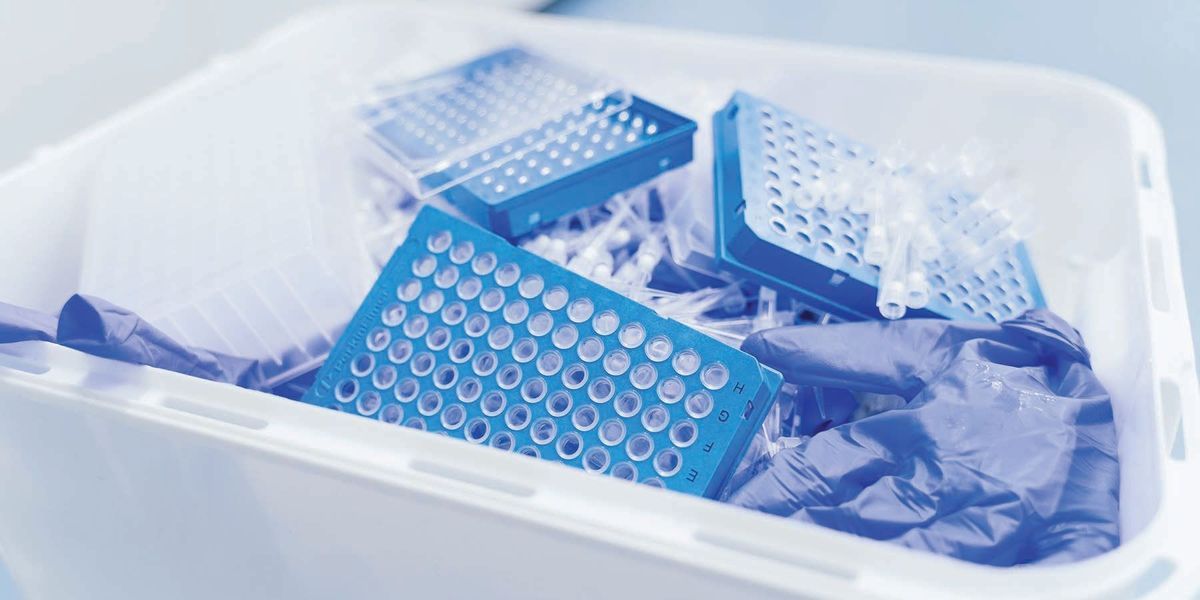
Why Are Laboratory Consumables Not Made of Recycled Material?
With increasing awareness of the environmental impact of plastic waste and the enhanced burden associated with its disposal, there’s a drive to use recycled instead of virgin plastic wherever possible. As many laboratory consumables are made of plastic, this raises the question as to whether it’...Read more -
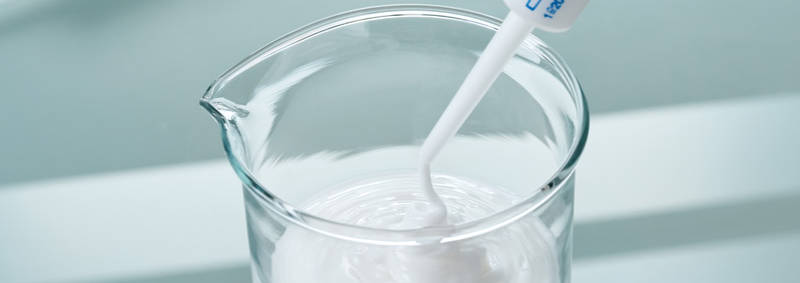
Viscous Liquids Need Special Pipetting Techniques
Do you cut off the pipette tip when pipetting glycerol? I did during my PhD, but I had to learn that this increases inaccuracy and imprecision of my pipetting. And to be honest when I cut the tip, I could have also directly poured the glycerol from the bottle into the tube. So I changed my techn...Read more -
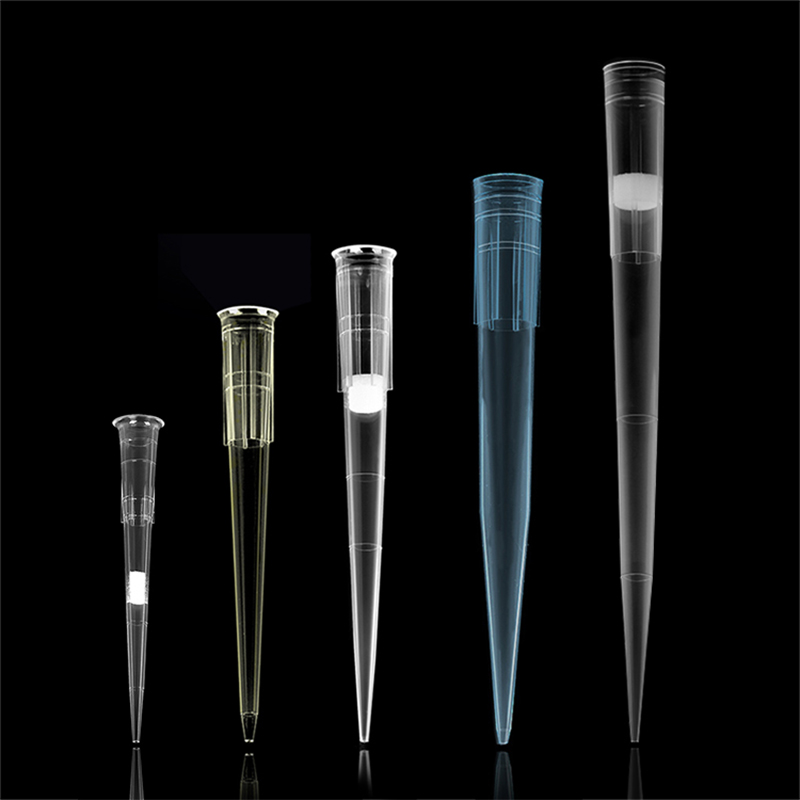
How to Stop Dripping When Pipetting Volatile Liquids
Who isn’t aware of acetone, ethanol & co. starting to drip out of the pipette tip directly after aspiration? Probably, every one of us has experienced this. Supposed secret recipes like “working as fast as possible” while “placing the tubes very close to each other to avoid chemical loss and...Read more -
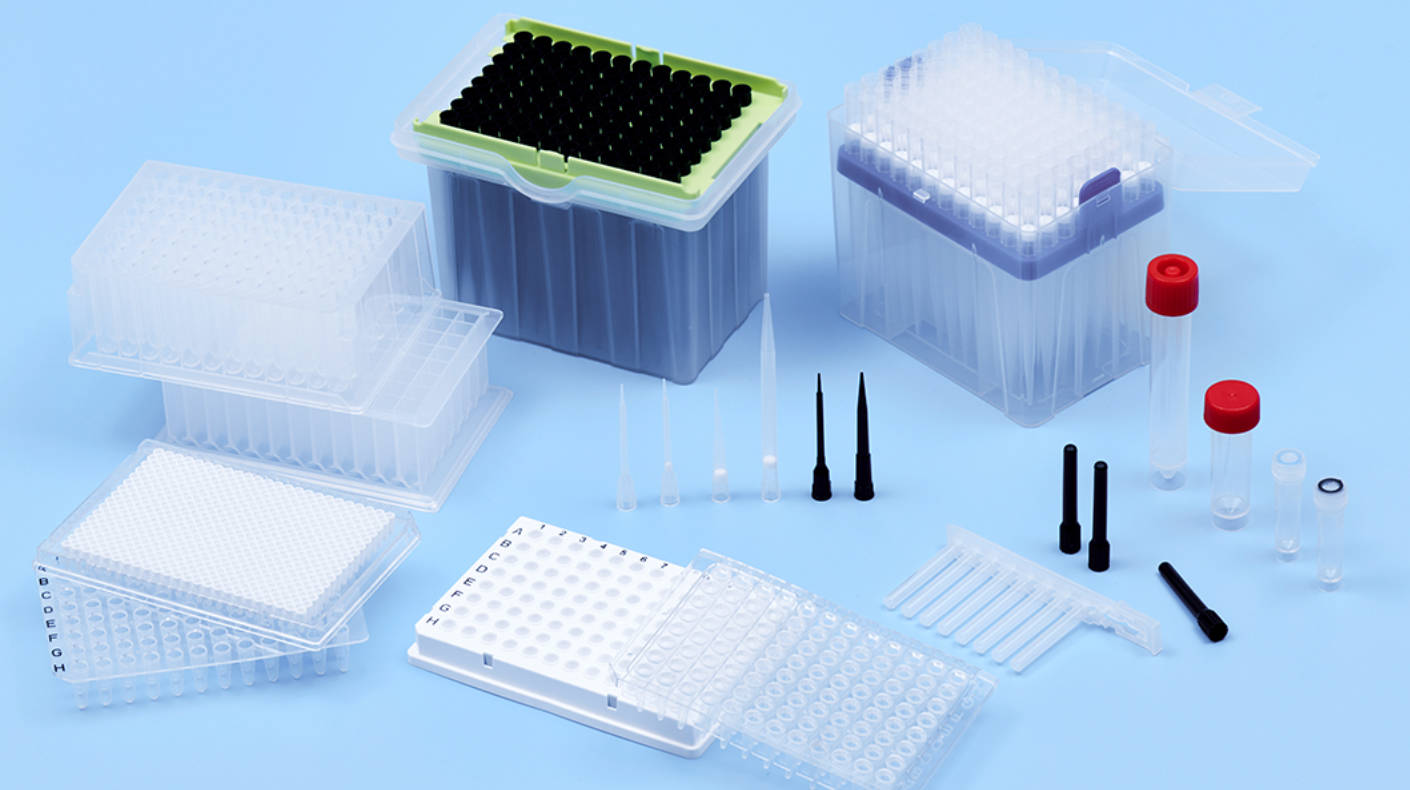
Lab Consumable Supply Chain problems(Pipette tips,Microplate,PCR consumables)
During the pandemic there were reports of supply chain issues with a number of healthcare basics and lab supplies. Scientists were scrambling to source key items such as plates and filter tips. These issues have dissipated for some, however, there are still reports of suppliers offering long lead...Read more -

Store Cryovials in Liquid Nitrogen
Cryovials are commonly used for the cryogenic storage of cell lines and other critical biological materials, in dewars filled with liquid nitrogen. There are several stages involved in the successful preservation of cells in liquid nitrogen. Whilst the basic principle is a slow freeze, the exact ...Read more -
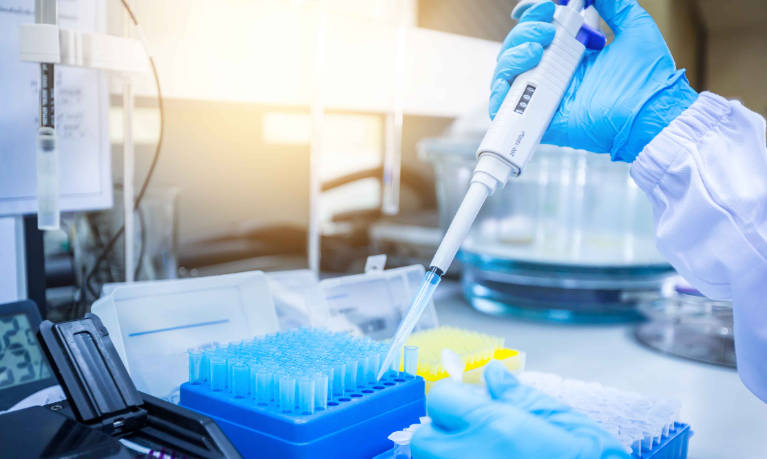
Would you like Single Channel or Multi Channel Pipettes?
Pipette is one of the most common tools used in biological, clinical, and analytical laboratories where liquids need to be precisely measured and transferred when performing dilutions, assays or blood tests. They are available as: ① single-channel or multi-channel ② fixed or adjustable volume ③ m...Read more











